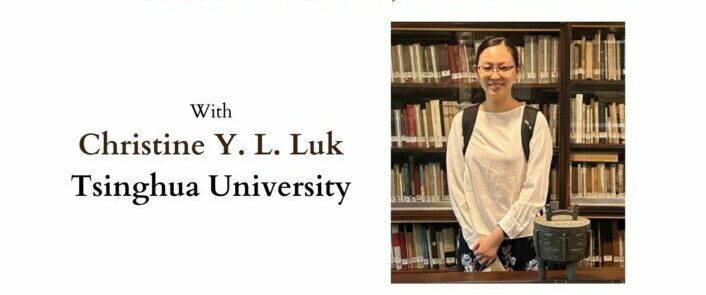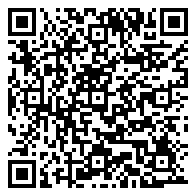
Arthur de Carle Sowerby in Republican-era Shanghai: Bridging the global and the local via evolutionism, 1922–54
With Christine Y. L. Luk, Tsinghua University
Born in China to a British missionary, Arthur de Carle Sowerby (1885-1954) began his career as an explorer, hunter and naturalist in Manchuria. But after exploring northern China while collecting specimens for the Smithsonian Institution, his plans to extend his work into other areas of the country were frustrated starting in the early 1920s by political upheavals and his severe arthritis. Relocating to Shanghai in 1922, he created and edited the China Journal of Science and Arts, became involved in curating a science museum, and served as president of the North China Branch of the Royal Asiatic Society. Sowerby devoted much of his life to researching and writing about the natural history of China. During Sowerby’s stay in Shanghai, evolutionary theory became inextricably intertwined with the city’s place in revolutionary China, and China’s place in the world. Sowerby bridged the local with the global via evolutionism.
In this talk, Luk will discuss Sowerby’s life and work in wartime Shanghai, in which the local conditions of war and nationalism shaped Sowerby’s interpretation of the natural world and the associated forms of evolutionism. She will argue that evolutionism served as a missing link that bridged Sowerby’s earlier naturalist career in collecting biological specimens and his emerging political awareness of China’s place in the world. Connecting the global and the local via evolution, this study aims at globalizing the study of biology as well as the history of Republican-era China.
Christine Y. L. Luk is an associate professor in the Department of the History of Science at Tsinghua University, Beijing. She obtained a doctorate from Arizona State University in 2014 and was a postdoctoral fellow at the University of Hong Kong between 2016 and 2019. Her research focuses on the history of biology in modern and contemporary China. Her research has appeared in the Journal of the History of Biology, East Asian Science, Technology, and Society: An International Journal, Engineering Studies, and History and Philosophy of the Life Sciences. Her first book, A History of Biophysics in Contemporary China, was published by Springer in 2015 and the Chinese translation was published by the Commercial Press in 2021. She is currently one of the topical collections editors for the Journal of the History of Biology, 2020–24, and a member of the Isis editorial board.
This event is part of the Knowledge Production in East Asia series at YCAR.
For more information, email ycar@yorku.ca.

